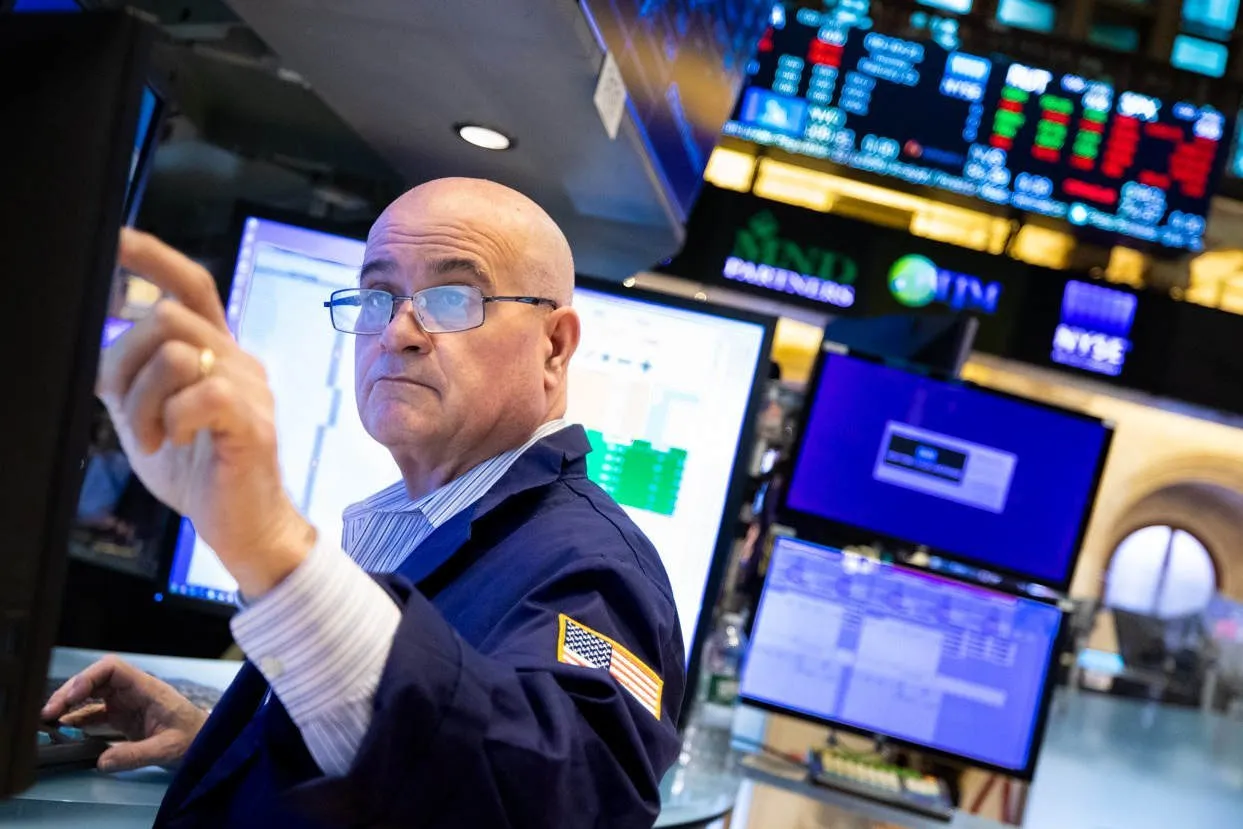For investors wary of making big, directional bets, niche areas of the derivatives market are becoming an attractive alternative. These strategies allow traders to position one market against another, capturing opportunities in relative performance rather than outright moves.
Relative value trades involve speculating on whether spreads between indexes will widen or narrow, often influenced by shifts in economic data or geopolitical events. For cross-asset players, instruments like dual digital or binary options offer a way to bet on scenarios such as the S&P 500 climbing while the euro-dollar rate falls.
Within equities, outperformance option contracts remain a popular tool, giving investors a chance to wager on the S&P 500 versus the Nasdaq 100, or compare U.S. stocks to benchmarks like the Euro Stoxx 50.
Rise of “Light Exotic” Options
These so-called light exotic options have gained traction in recent months, particularly as investors rotate across sectors, regions, and factors. Macro hedge funds, in particular, often employ them to capture a short-term reversal between two indexes while maintaining a broader conviction in a longer-term trend.
A pivotal moment for such trades came on April 2, a date many traders recall as “Liberation Day,” said Raphael Cyna, global head of payoff structuring at Bank of America.
Before that point, investors largely concentrated on intra-regional spreads such as the Russell 2000 against the Nasdaq 100 a common setup for betting on sector rotation and the “soft landing” narrative in the U.S. After early April, however, a spike in correlations fueled demand for outperformance options, leading to a surge in cross-regional spread trading.
Using Exotic Options as Hedges
Some investors are also leveraging light exotic options for hedging purposes. When portfolios are exposed to specific factors like momentum, tracked through rolling baskets of top gainers and losers banks can structure an outperformance call pitting a long position in one momentum basket against a short position in another.
That approach proved effective earlier this year. In January, a sharp reversal in momentum stocks followed DeepSeek’s artificial intelligence breakthrough, and these relative-value hedges performed well as high-momentum names sold off.
Cost Dynamics and Correlation
Since outperformance calls hinge on the decoupling of underlying assets, dealer-implied correlation plays a key role in pricing. When securities being compared have already diverged, correlation levels tend to be low, which can make premiums expensive.
To manage costs, investors are increasingly adding conditions to their trades. One example is a call on the Euro Stoxx 50 outperforming the S&P 500 but only if the S&P finishes higher at maturity than where it was when the trade started.
That conditional setup can cut the premium by more than 50%. Banks are also offering ways to further lower costs by structuring short-dated contracts, such as one-month maturities.
Political Risk Adds Fuel
The return of political turmoil in France has also boosted demand for equity and option strategies. After the French prime minister called for a confidence vote, spreads between French and German government bonds widened, signaling investors are once again pricing in political risk.
Barclays strategists noted that while volatility between the CAC 40 and Euro Stoxx 50 has increased, it still remains below levels seen during last year’s snap elections.
This backdrop is creating opportunities. JPMorgan strategists, including Davide Silvestrini, have pointed to potential trades betting on a reversal in U.S. outperformance versus Europe heading into year-end. One idea: an over-the-counter option expiring in December that profits if the Euro Stoxx 50 beats the S&P 500 by more than 3.7%.
Investor attention is also shifting within Europe itself. “Following an active push, interest in Euro Stoxx 50 over CAC 40 has been growing, as clients look to hedge potential turmoil in France,” said Bank of America’s Cyna.
As market participants search for relative value rather than outright exposure, light exotic options are emerging as a preferred vehicle. Whether for tactical trades, longer-term thematic bets, or risk hedging, these structures give investors flexibility in navigating uncertain markets while keeping a close eye on costs and correlations.

Subscribe to our newsletter!
As a leading independent research provider, TradeAlgo keeps you connected from anywhere.







